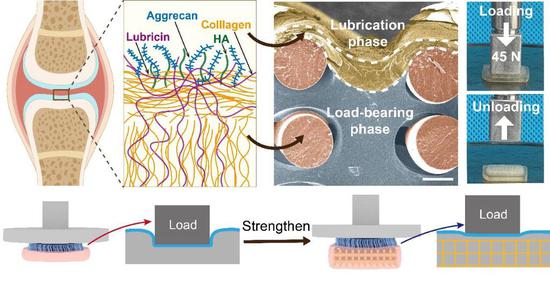
The photo shows the cartilage-inspired lubricated composite with mechanical robustness. (Provided by the Lanzhou Institute of Chemical Physics, Chinese Academy of Sciences)
Chinese researchers have designed a cartilage-like lubricated composite with mechanical robustness, according to a research article recently published in the journal ACS Applied Materials and Interfaces.
Natural articular cartilages show extraordinary tribological performance based on their penetrated surface lubricated biomacromolecules and good mechanical tolerance, but can inevitably sustain damage due to wear-tear, disease and trauma.
Hydrogels are considered to be potential alternatives to natural cartilages due to their low surface friction and good biocompatibility, but poor mechanical properties limited their applications.
Inspired by the excellent mechanical properties and the remarkable surface lubrication mechanism of natural articular cartilages, the researchers from the Lanzhou Institute of Chemical Physics, Chinese Academy of Sciences, developed the lubricated bi-layered composite, exhibiting excellent mechanical tolerance and unique stress dissipation mechanism.
In the top lubrication layer, the composite showed superior friction reduction functionality and wear resistance under a dynamic shearing process.
This new material design concept is expected to be applied in the fields of bionic lubrication and soft robots.














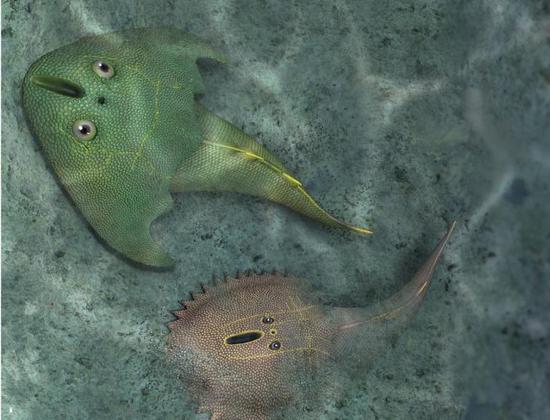







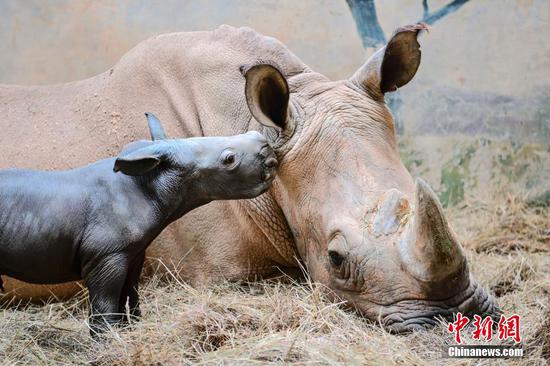















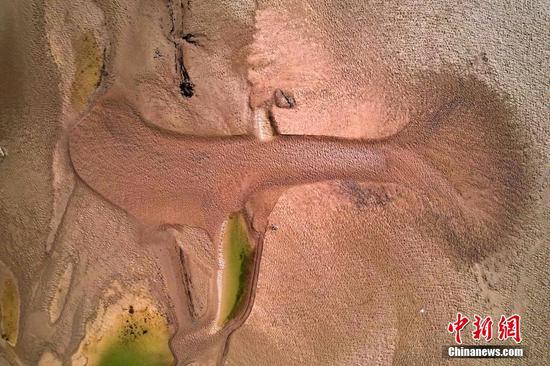





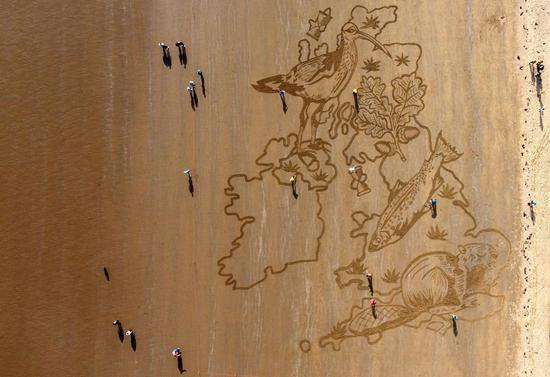





 京公网安备 11010202009201号
京公网安备 11010202009201号